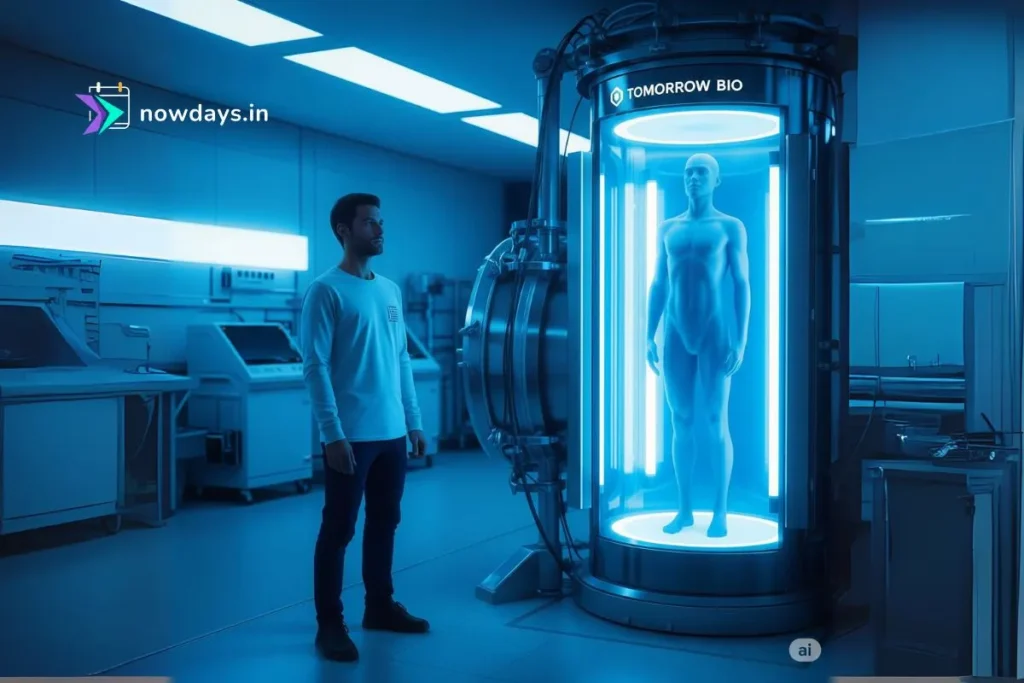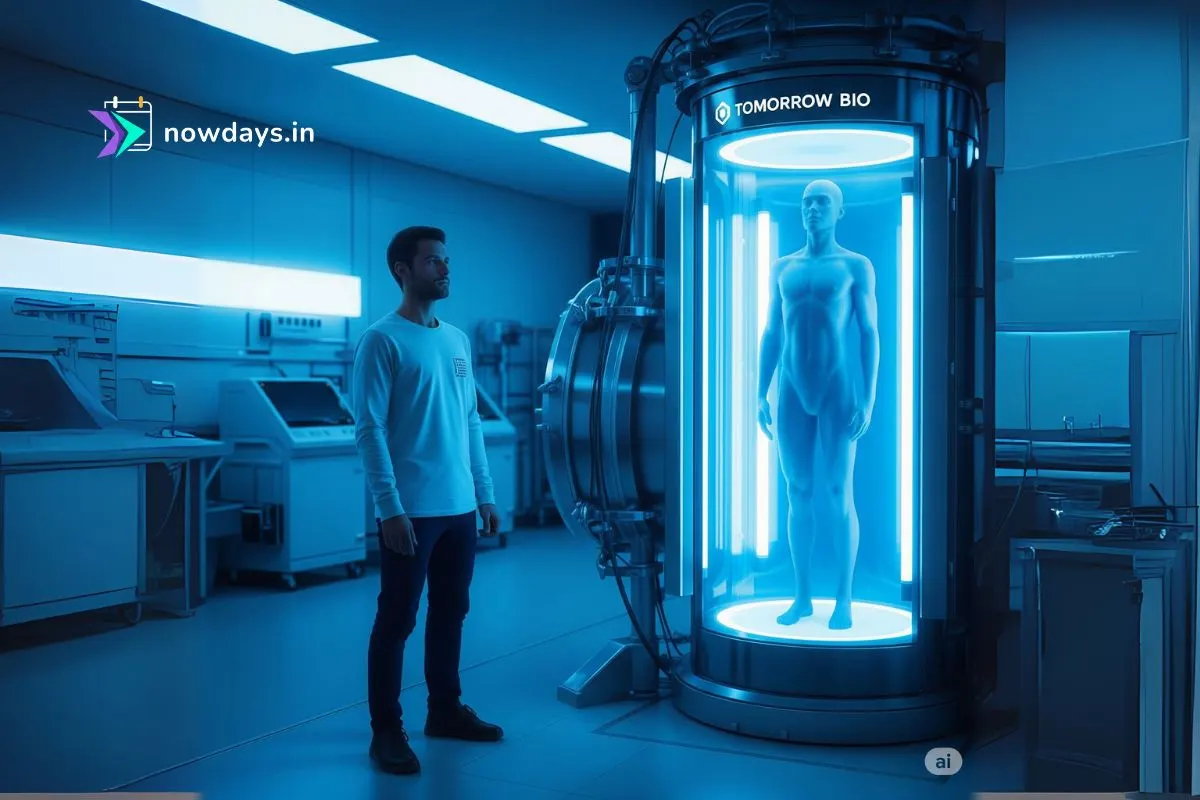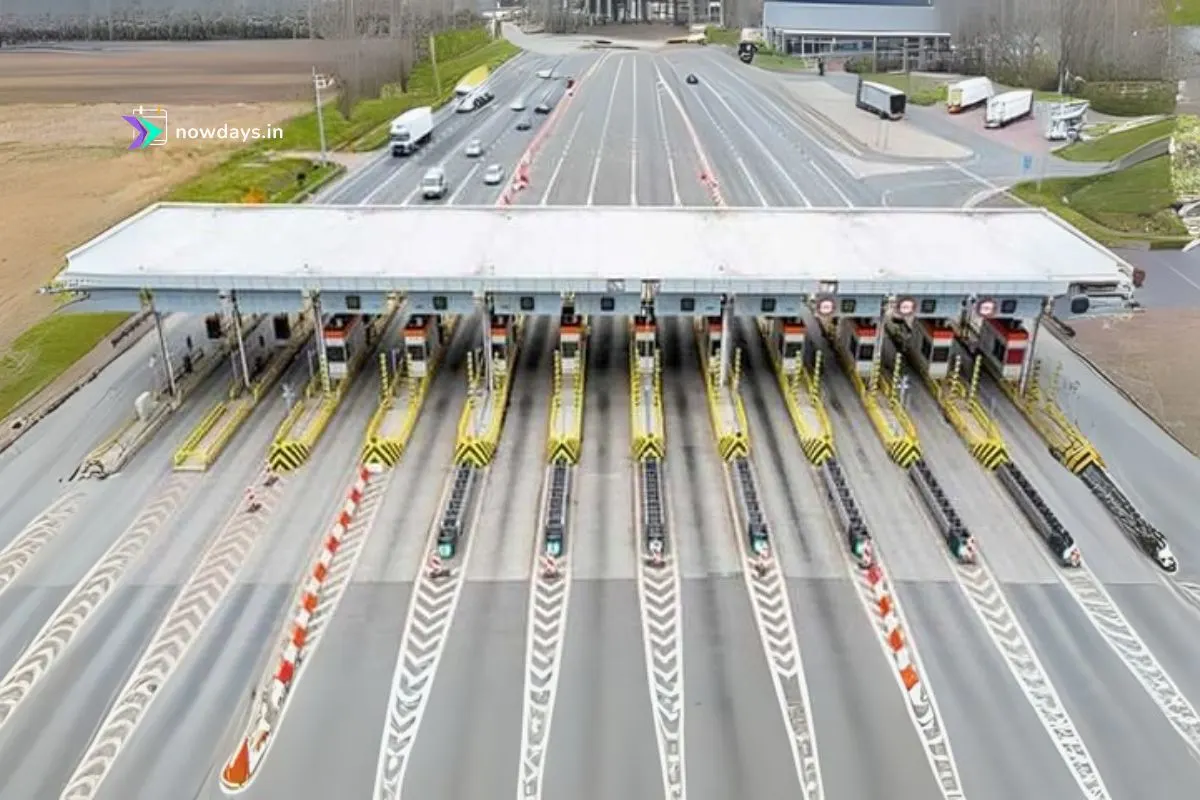The orange-striped ambulance parked inconspicuously in Berlin isn’t responding to heart attacks or accidents. Inside, former cancer researcher Emil Kendziorra and his team at Tomorrow Bio prepare for a different emergency: the precise moment of a client’s legal death. For $200,000, this startup promises an escape hatch from mortality—whole-body cryopreservation in hopes of future revival. With 650+ signed up and bodies already submerged in Swiss liquid nitrogen tanks, Tomorrow Bio is betting that death is merely a technical glitch future science can fix .
The Science: Vitrification Over Fantasy
Unlike sci-fi depictions of instant freezing, Tomorrow Bio’s protocol is a meticulously choreographed race against decay:

- Ultra-Rapid Response: Custom ambulances deploy across Europe when death nears. Teams begin cooling and cardiopulmonary support within minutes of legal death to minimize cellular degradation .
- Chemical Armor: Blood is replaced with a cryoprotectant cocktail (dimethyl sulfoxide and ethylene glycol) preventing ice crystals that shred tissues. This vitrification process transitions the body to a glass-like state at -196°C .
- Biostasis in Switzerland: Bodies move to dewars (vacuum-insulated tanks) at the European Biostasis Foundation, where liquid nitrogen top-offs maintain indefinite stasis. Kendziorra insists: “As long as you keep the temperature, you can maintain that state forever” .
Table: The Cryopreservation Timeline
| Stage | Time Critical? | Key Process |
|---|---|---|
| Stabilization | 0-15 minutes post-death | Rapid cooling, blood oxygenation |
| Perfusion | 1-6 hours | Cryoprotectant infusion via perfusion pumps |
| Deep Cooling | 8+ hours | Gradual cooling to -196°C |
| Long-Term Storage | Indefinite | Liquid nitrogen storage in Switzerland |
The $200,000 Breakdown: Where the Money Flows
Tomorrow Bio’s pricing isn’t arbitrary—it funds a logistical and biomedical operation spanning decades:
- Standby Teams (≈ €30-100K): 24/7 medical specialists and equipment for rapid deployment, even globally .
- Transport (≈ €30-80K): Private jets for international body retrieval, bypassing commercial flight delays .
- Storage (≈ €120K): Allocated to a nonprofit trust invested to yield 1-2% above inflation—theoretically funding centuries of maintenance .
For those balking at the lump sum, life insurance converts costs to ~€87/month, making immortality accessible to middle-class Europeans .
The Unresolved Paradoxes
Scientific Roadblocks
- The Revival Void: No mammal—let alone human—has been revived from vitrification. Rat kidneys were successfully transplanted after 100 days, but human brains? Neuroscience professor Clive Coen calls brain revival “preposterous” due to neural complexity .
- Toxicity vs. Preservation: Cryoprotectants prevent ice damage but chemically ravage cells. As biochemist Ken Storey notes, “Even if you only wanted to preserve the brain, it has dozens of areas needing different protocols” .
- Memory Enigma: Even if revival occurs, whether synaptic structures encoding memory survive is unknown. Cryonics banks on unproven future tech like nanobots repairing cellular damage .
Ethical Quicksand
- The “Double Death” Risk: Revival might mean awakening in a dystopian future—alone, bankrupt, or re-dying from uncured diseases. As bioethicists note, extended life isn’t inherently desirable if it means unremitting suffering .
- Corpse Capitalism: Billionaires like PayPal’s Peter Thiel fund cryonics, while “revival trusts” safeguard their wealth for future resurrection. Critics decry it as a gamble that exploits despair .
- Regulatory Gray Zones: In France, cryonics is illegal; Germany permits it via loopholes. When a British teen won legal right to cryopreservation against her father’s wishes, it spotlighted the field’s legal fragility .
Cryonics’ Competitive Landscape
Table: Global Cryonics Providers Compared
| Provider | Base Cost | Storage Location | Unique Offering |
|---|---|---|---|
| Tomorrow Bio | $200,000 (whole body) | Switzerland | European rapid-response ambulances |
| Alcor (USA) | $200,000+ | Arizona | Neuropreservation ($80K for heads only) |
| Cryonics Institute | $28,000 | Michigan | Budget-focused, no neuro option |
| KrioRus (Russia) | $12,000-$36,000 | Moscow suburbs | Family access to stored relatives |
Voices From the Frozen Frontier
Louise Harrison (51, Tomorrow Bio client):
“I was fascinated by the idea of possibly being restored to life—it seemed like time travel. Having a small chance versus no chance felt logical.” She dismisses fears of future loneliness: “We lose people throughout life, but we find reasons to keep living.”
Skeptic’s Corner:
“A misplaced faith in antifreeze,” scoffs Professor Coen. Decomposition begins at death, and rewarming would merely restart it. Better to focus on cryopreserving organs for current medical use .
The Verdict: Quantum Leap or Quixotic Gamble?
Tomorrow Bio’s ambitions are staggering: reversible cryopreservation by 2028 and memory-stable vitrification “within the year” . Yet the hurdles remain Himalayan. Cryonics thrives on a Pascal’s Wager for the scientifically inclined:
- If it fails? You’ve spent less than a luxury car on hope.
- If it succeeds? You cheat death itself.
As billionaires pour millions into longevity startups, Tomorrow Bio epitomizes a cultural shift: death as a solvable problem, not an inevitability. Kendziorra’s pitch cuts to the core: “The probability [of revival] is higher than cremation.” Whether that’s visionary or delusional, 650+ people are banking their corpses on it .
Would you gamble $200,000 on a future resurrection? Or is cryonics the ultimate vanity project? Explore Tomorrow Bio’s pricing or delve into cryonics’ ethical debates at the European Biostasis Foundation.










3 thoughts on “Berlin Startup Offers Whole-Body Cryopreservation for $200K”